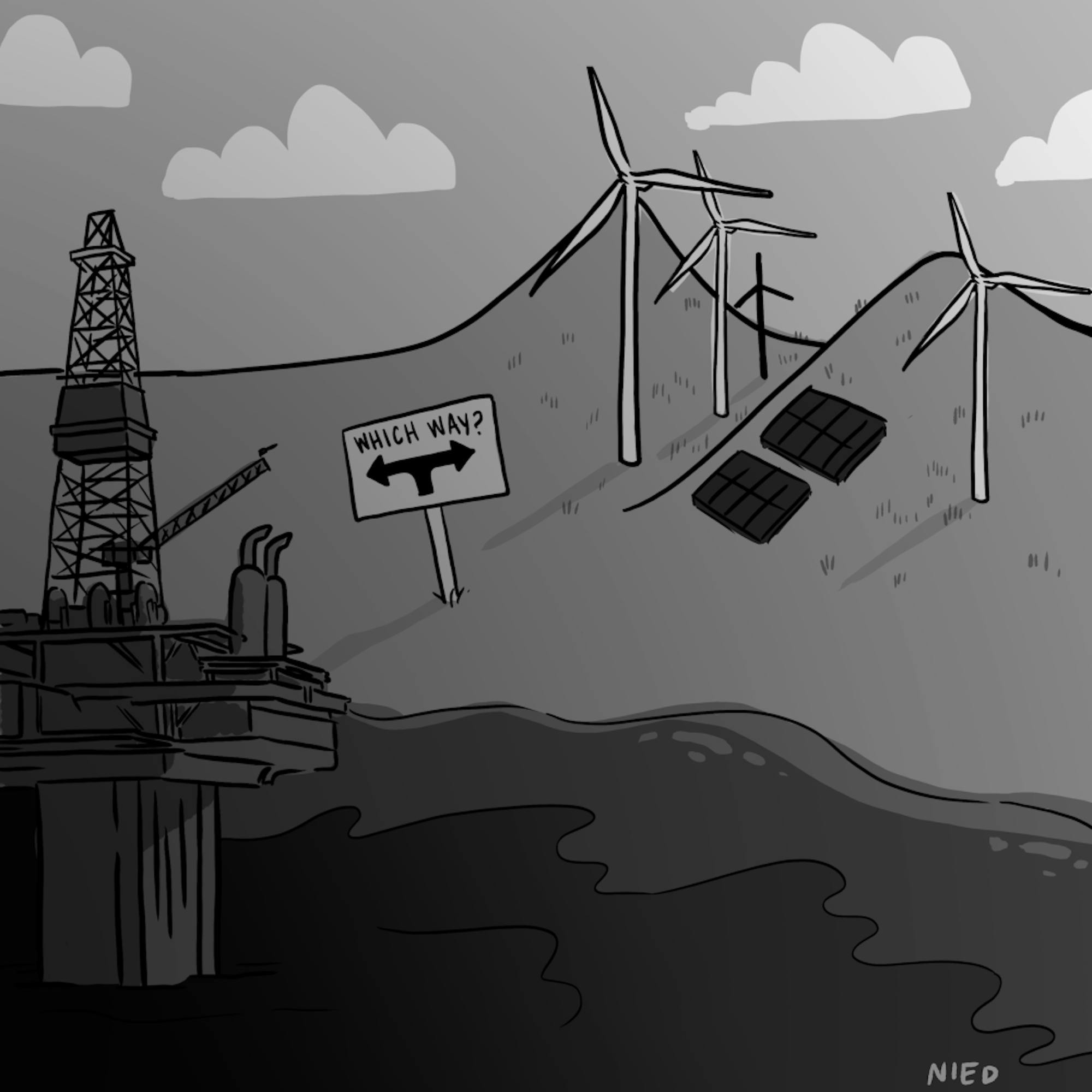On Oct. 2, an oil spill off the coast of southern California was reported. According to Coast Guard officials, the spill came from a leak in a pipeline owned by Amplify Energy Corp, a Texas oil and natural gas company. The spill is said to have released around 25,000 gallons of oil, more than five times lower than what was previously estimated. Although this is the first major oil spill of 2021, as oil spills have decreased over the last few decades, we are still sitting at an average of about two per year in the U.S. While many people are concerned about the cost of making a national switch to renewable energy, it is time that we consider what oil drilling is costing us right now.
When thinking about the costs of an oil spill, the first one that often comes to mind is cleanup. It is one of the largest financial costs, though it is often underemphasized because it is paid by the company responsible for the spill. Thus, many taxpayers are under the impression that they do not pay for the mess at all. What much of the public may not know, however, is that a lot of government money goes toward preparing the coasts for oil spills to minimize the impact and cleanup. While we may not be paying for the cleanup itself, we are still taking on some of the financial cost indirectly.
However, it is not simply coastal regions that are affected, as the impact of a spill extends beyond our nation’s shores. The economies of many coastal regions are based on their access to the water, and oil spills can cause damage to almost every coastal industry. While the management of spills can help their economies rebound, fishing and tourism sectors can still feel the long-term effects because of the negative public image. The Fisheries Center of the University of British Columbia managed to put a metric on this in 2012, estimating the economic costs that an oil spill would have on a coastal area in British Columbia. The study concluded that a spill could cost a regional economy between $189 million if it is a medium-sized spill, and $308 million if it is a larger spill.
With a national average of nearly two oil spills per year, we could potentially be dealing with a $600 million loss to businesses around the coasts. In an extreme case, estimates suggest the long-term economic loss for the Gulf of Mexico could be $8.7 billion as a result of the Deepwater Horizon catastrophe of 2010. With the amount of oil drilling still underway in the U.S. today, it is not unreasonable to assume that we are at risk to suffer something similar at some point in the near future.
Just as important are the environmental effects of an oil spill. Countless pictures of birds coated with oil residue and dead fish washing up on beaches have proven insufficient to convince the public of the urgency of this issue. Most marine wildlife can be exposed to the toxic substance through ingestion or inhalation. In general, oil disrupts the bodily functions of animals, quite often killing them. The ocean itself can also be severely impacted. Animals are displaced by the oil, and the chemicals can change the way an ecosystem functions and to which organisms it is hospitable. Furthermore, oil spills can contaminate the food we eat as well as the air we breathe.
So, how can we address this problem? What alternatives are there to oil? One of the larger misconceptions within this discussion is that renewable energy is more expensive than fossil fuels. While it would cost the U.S. a hefty $7.8 trillion to create the infrastructure necessary for the switch to renewable energy, the investment would not put us at a loss over time. A study at Stanford University reported that we will break even in less than seven years if the world transitions 100% to clean energy. And because the yielding and processing of fossil fuels is far more expensive than renewable energy, from then on, we would begin to save money.
Investing in renewable energy should seem like an obvious choice, but the debate about the transition away from fossil fuels has become highly politicized. We must trust the science that has shown that climate change is real and making the world we live in increasingly inhospitable, and share this information with those that question and deny this reality. We must show that investing in clean energy is not only a sustainable and effective option but also an economic and life-saving one. We must also push our representatives to facilitate a switch to renewable energy. It shouldn’t have to take another oil spill for us to open our eyes.






